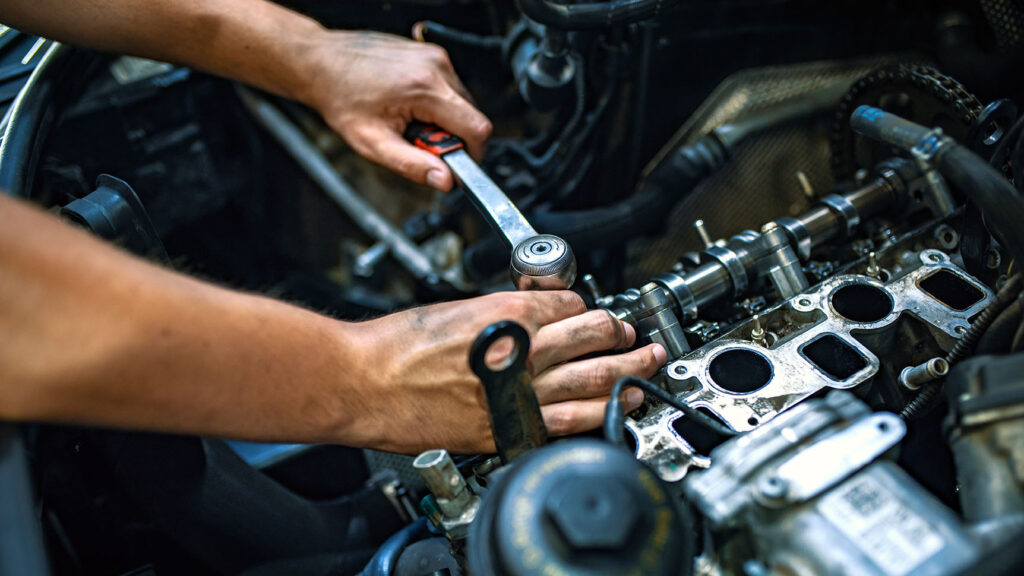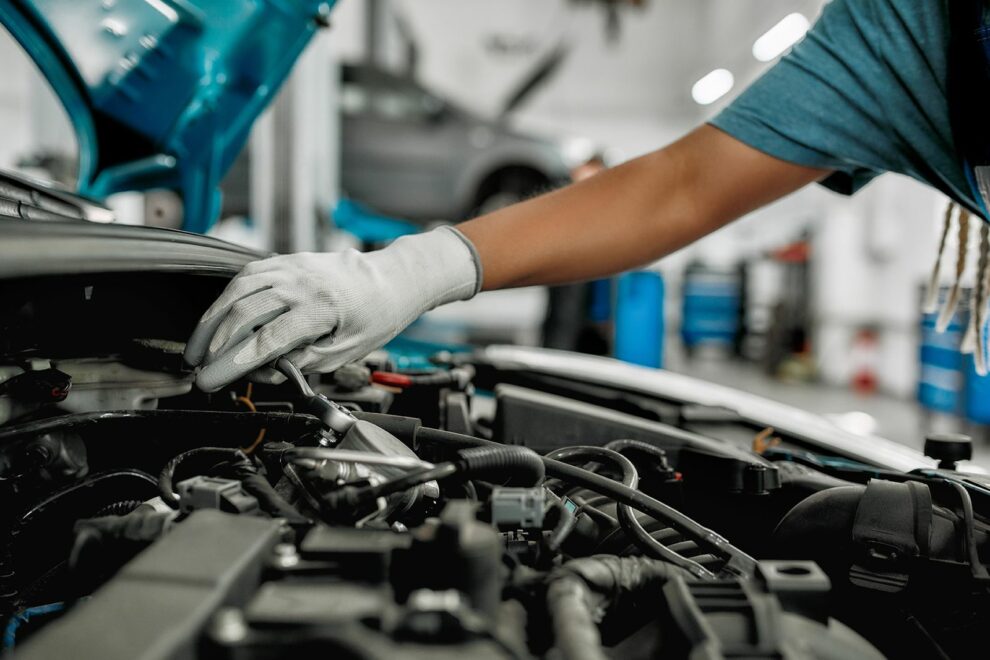Professional mechanics see it all—from minor maintenance issues that spiral into major repairs to perfectly good cars ruined by neglect. After decades of combined experience working on countless vehicles, these automotive experts have accumulated wisdom that could save car owners thousands of dollars and countless headaches. Their insights reveal both common misconceptions and crucial maintenance tips that every driver should know.
The Check Engine Light Is Your Friend
Many drivers view the check engine light with dread, often choosing to ignore it hoping the problem will resolve itself. However, mechanics consistently emphasize that this warning light serves as an early detection system for potentially serious issues. Modern vehicles have sophisticated diagnostic systems that can detect problems long before they become catastrophic failures. What might start as an inexpensive sensor replacement could evolve into major engine damage if left unchecked.
When this light illuminates, your vehicle’s computer has stored a specific fault code. While auto parts stores often offer free code readings, mechanics caution against relying solely on these generic diagnostics. The code merely points to a system with a potential issue—proper diagnosis requires expertise and often specialized equipment to determine the root cause.

Oil Changes: Beyond the Sticker
The common 3,000-mile oil change interval has become outdated for most modern vehicles. However, mechanics stress that this doesn’t mean oil changes have become less important. Modern synthetic oils and improved engine design have extended service intervals, but skipping oil changes entirely remains one of the fastest ways to destroy an engine.
Professional mechanics emphasize checking your owner’s manual for the recommended oil change interval specific to your vehicle. They also note that severe driving conditions—frequent short trips, extreme temperatures, or dusty environments—may require more frequent changes. The quality of oil matters as much as the change interval, with mechanics strongly advocating for manufacturer-recommended grades and specifications.
Preventive Maintenance Saves Money
One universal truth that mechanics wish every car owner understood is the value of preventive maintenance. Regular inspections and maintenance prove far less expensive than repairs resulting from neglect. Timing belt replacements serve as a perfect example—while the service might seem expensive, a failed timing belt can destroy an engine, turning a thousand-dollar maintenance job into a several-thousand-dollar engine replacement.
Mechanics also emphasize the interconnected nature of vehicle systems. A seemingly minor issue with one component can create a cascade of problems throughout the vehicle. For instance, worn shock absorbers not only affect ride comfort but can lead to premature tire wear, steering problems, and increased braking distances.
The Truth About Fluids
Vehicle fluids tell important stories about your car’s health, yet many owners never check them. Mechanics stress the importance of regular fluid level checks and understanding what those fluids should look like. Transmission fluid should be red or pink, not brown or black. Coolant should be clear and free of particles. Oil should not smell burnt or appear excessively dark.
Each fluid serves a crucial purpose, and none should be ignored. Power steering fluid, brake fluid, and coolant all require periodic inspection and replacement. Mechanics particularly emphasize the importance of brake fluid, which absorbs moisture over time and becomes less effective, potentially compromising brake performance.
Tires: More Than Just Traction
Tires represent one of the most misunderstood aspects of vehicle maintenance. Beyond providing traction, they affect everything from fuel economy to handling and braking performance. Mechanics regularly see vehicles with improperly inflated tires, which not only reduces fuel efficiency but can lead to dangerous driving conditions and premature wear.
Proper tire rotation proves equally important, helping ensure even wear and maximum tire life. However, mechanics note that rotation patterns matter—some vehicles require specific rotation sequences, and mixing these up can create problems. They also stress the importance of proper wheel alignment, which affects both tire wear and vehicle handling.
The Sound of Trouble
Experienced mechanics emphasize the importance of paying attention to unusual sounds. Every strange noise tells a story about your vehicle’s health. Squealing brakes might indicate worn brake pads, while a clicking sound during turns could signal CV joint problems. Grinding noises when shifting gears often indicate transmission issues, while rattling sounds under the hood might suggest timing chain problems.
Rather than turning up the radio to drown out concerning noises, mechanics advise having them investigated promptly. Early intervention often prevents minor issues from becoming major repairs.
Battery Care and Maintenance
Modern vehicles place increasing demands on their electrical systems, making battery health more critical than ever. Mechanics wish more owners understood that batteries require regular inspection and maintenance. Corroded terminals can prevent proper charging, while loose connections can cause starting problems and potentially damage sensitive electronic components.
They also note that battery life varies significantly based on climate and driving habits. Short trips prevent batteries from fully charging, while extreme temperatures can accelerate battery wear. Regular testing can help predict battery failure before it leaves you stranded.
The Importance of Quality Parts
While saving money on repairs might seem attractive, mechanics consistently warn against using cheap replacement parts. Quality parts from reputable manufacturers often last longer and perform better than bargain alternatives. This becomes particularly important with safety-critical components like brakes and steering parts.
Mechanics also caution against mixing different brands or grades of fluids and parts. Using the wrong type of oil or transmission fluid can cause serious damage, while mixing different types of brake pads can affect braking performance.
Documentation Matters
Professional mechanics stress the importance of maintaining service records. Complete service history not only helps track maintenance intervals but can also prove valuable when diagnosing problems or selling the vehicle. Many mechanics recommend keeping a simple log of all services, including oil changes, tire rotations, and other routine maintenance.
Building Trust With Your Mechanic
Perhaps most importantly, mechanics wish car owners understood the value of building a relationship with a trusted repair shop. Regular visits to the same mechanic allow them to become familiar with your vehicle’s history and specific needs. This relationship can lead to more accurate diagnoses, better preventive maintenance recommendations, and ultimately lower repair costs over the life of your vehicle.
The automotive world continues to evolve, with vehicles becoming increasingly complex. Understanding these fundamental aspects of vehicle care and maintenance helps ensure your car remains reliable, safe, and economical to operate. While you might not need to become an expert mechanic, appreciating these insights can help you make better decisions about your vehicle’s care and maintenance.
















Add Comment